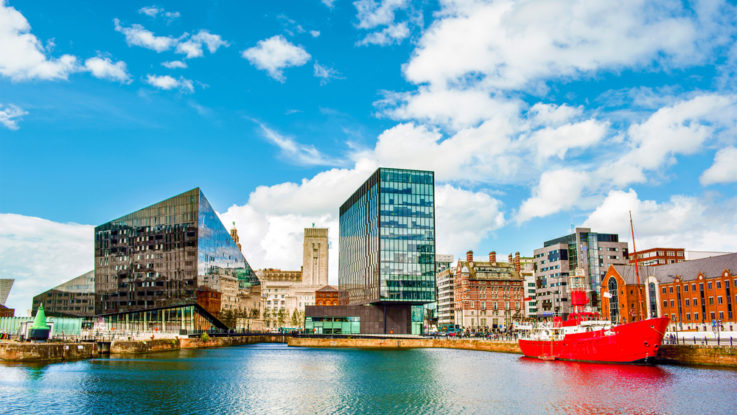
This month, the City of Liverpool in England will be participating in a pilot project run by the national Events Research programme (ERP). The project will explore ways people may safely attend events as venues reopen after the pandemic. Nightclubs in the UK have been closed since March 2020 under COVID restrictions.
Liverpool will allow two nightclubs to host events, with attendance limited to those over the age of 18, living in the Liverpool City Region, registered to a local doctor, healthy. and showing no sign of Covid-19 symptoms. Attendees will have to take a Lateral Flow Test at a community testing site 24 hours before the event and produce a negative result to gain entry. Those attending will be urged to take an at-home PCR test on the day of the event and five days afterwards to monitor virus transmission. There is no vaccine requirement. Other Liverpool events which form part of the ERP include a business conference, music festival and movie nights. The ERP plans to run the pilots across a range of settings, venue types, and activity types (seated or not, indoor/outdoor etc) so that findings can be used to safely reopen across multiple sectors.
The city has stressed that “vaccine passports are not part of Liverpool’s pilot events program”. The use of domestic ‘vaccine passports’ for entry into venues has caused controversy and debate in the UK.
Liverpool’s Director of Public Health, Matt Ashton, said: “The ERP is all about getting back to doing what we love doing, safely. Events are an important part of the wellbeing, social fabric and economies of communities, particularly in Liverpool and there should be an enormous sense of pride that this city is taking a national lead in this hugely important research program.”
The ERP is being used to provide scientific data into how events for a range of audiences could be permitted to safely reopen as part of England’s roadmap out of The review will inform how venues and events could operate from this summer.
For the nightclub pilot, scientists are looking to see if and how crowds mixing and dancing indoors increases the risk of transmission of COVID-19.